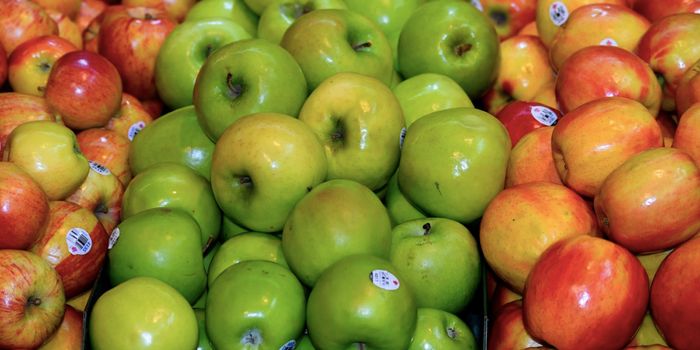Walnuts help reduce stress in college students
A common image of a typical college student includes long, caffeine fueled nights studying, researching, and writing. All of the work and expectations, coupled with being in a new environment for the first time, can add up over time, putting a lot of stress and anxiety on college students. For example, a survey conducted of 67,000 college students by researchers at Harvard Medical School and Brigham and Women’s Hospital found that one in four students surveyed had been diagnosed with a mental health condition.
As college students continue to experience compounding stress from multiple factors, questions arise about how best to help college students either alleviate stress or address the impact stress has on their life. A team of researchers at the University of South Australia found that walnuts could play a vital role in helping college students address stress in their lives. Their work is described in an article published in Nutrients.
To test the connections between walnuts and stress, researchers conducted a clinical trial of undergraduate students. The study involved 80 undergraduates who were assigned to either a treatment group (daily walnut consumption) or a control group (no walnut consumption). Participants were followed for a semester and had check ins towards the beginning, middle, and end of the semester, including two weeks before final exams and two weeks after the exams.
Overall, researchers found that walnut consumption improve student self-reported mental health status, and even affected overall signs of general health, with the greatest health benefits occurring in those who ate about half a cup a day. Specifically, the study revealed that walnuts have a unique interaction with the gut microbiota, an interaction that may help alleviate feelings of stress, particularly in women. Prior research has suggested that stress can actually change the composition of the gut microbiota.
These physical changes led to improved self-reported mental health statuses, improve signs of metabolic health, and even signs of better sleep. Participants who did not eat walnuts reported more stress and depression in the two weeks leading up to the exam.
Researchers link the effect of walnuts on mental and physical health to the omega-3 fatty acids in them, which are known to improve both brain and gut health.
Sources: Eurekalert!; Harvard; Nutrients








